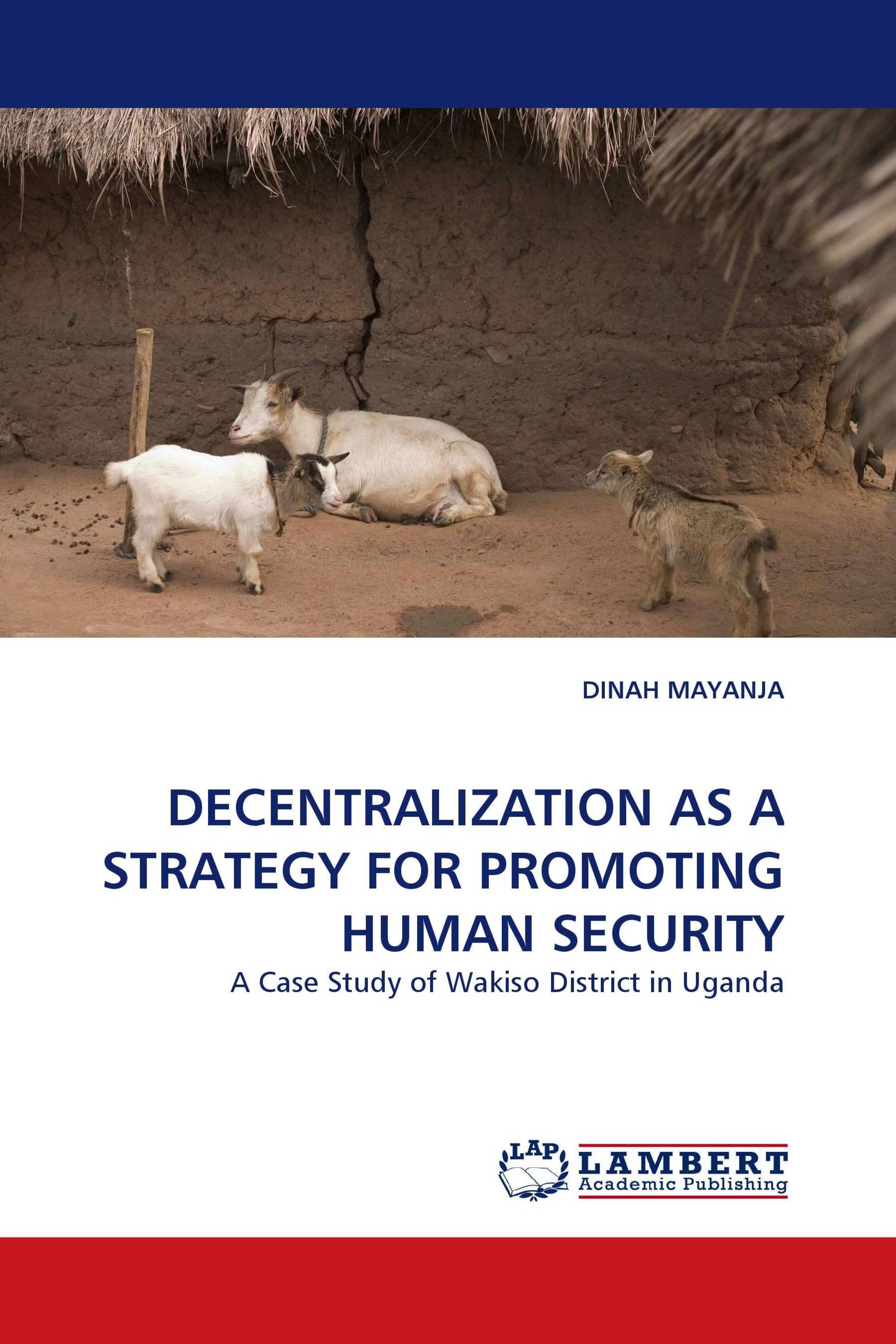DECENTRALIZATION AS A STRATEGY FOR PROMOTING HUMAN SECURITY
A Case Study of Wakiso District in Uganda
LAP Lambert Academic Publishing ( 2010-07-27 )
€ 49,00
Since the late 1980s, Uganda just like many Sub-Saharan African countries embraced decentralization as one of the pillars for poverty reduction. It was perceived that decentralization would promote efficiency, effectiveness, responsiveness, accountability, participation, empowerment, service delivery and poverty reduction. However, despite this perception, over 85% of Uganda''s population lives under absolute poverty which exposes them to food, health as well as physical insecurities. The findings show that decentralization has relatively contributed to education and health sectors although poverty remains high especially due to unemployment among the youth. Decentralized service delivery has given room for corruption in most sectors of the economy. The research found that most national development programs do not clearly integrate a Human Security component in addressing poverty. It is therefore unlikely to reduce poverty if Human Security is not clearly streamlined in all development programs. The research recommends the need for government to continuously build the capacity of the people to demand for accountability and veto leaders who are not performing to their expectations.
Book Details: |
|
|
ISBN-13: |
978-3-8383-8221-0 |
|
ISBN-10: |
3838382218 |
|
EAN: |
9783838382210 |
|
Book language: |
English |
|
By (author) : |
DINAH MAYANJA |
|
Number of pages: |
96 |
|
Published on: |
2010-07-27 |
|
Category: |
Social structural research |




